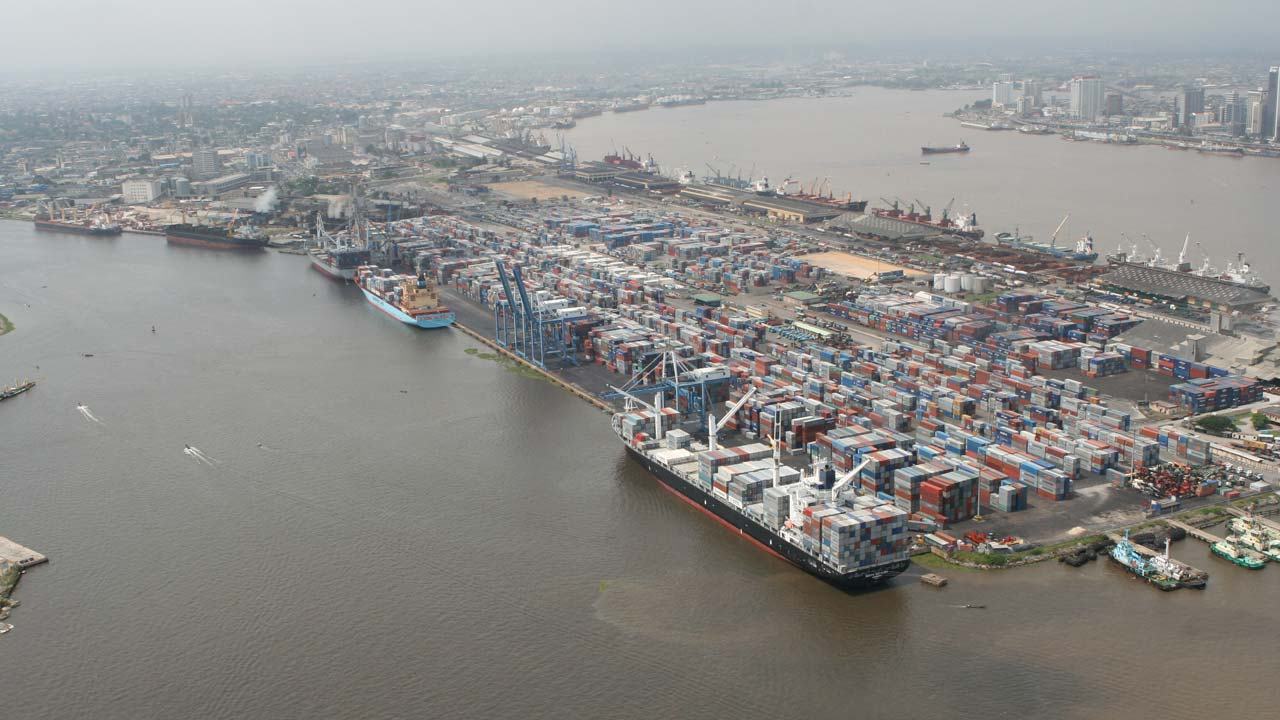S/Africa, Nigeria lead in Africa’s loss of $862.6b to illicit outflows in 9 years
A chilling report has emerged revealing how two leading economies in Africa, South Africa and Nigeria lead the continent in losing $862.6bn to cooked invoicing and leakages in the balance of payment with the active connivance of greedy political class between 2004 and 2013.
According to the report published by the Global Finance Integrity (GFI), a not-for-profit research organization based in Washington DC, massive illicit financial flows (IFFs) formed the major sources of economic loss to the continent within the period under review.
Details gathered by Business Hilights Thursday showed that South Africa is the largest loser by losing more than $209 billion, followed by Nigeria, which lost over $178 billion during the period.
The GFI found out the losses by measuring illicit financial outflows using two sources including deliberate trade misinvoicing (gross excluding reversals or GER) and secondly, leakages in the balance of payments (hot money narrow or HMN).
The report was further corroborated by the latest revelations from the Panama Papers show that some 1400 offshore companies registered by Mossack Fonseca are doing business in 44 of the 54 African countries.
According to the report, the Mossack Fonseca’s files reveal offshore companies that were established to own, hold or do business with petroleum, natural gas and mining operations in 44 of Africa’s 54 countries. These industries have been found to be fraught with the conditions that facilitate IFFs from Africa.
It would also be recalled that many Politically Exposed persons (PEPs) in Nigeria had been named as having deals in the panama leaks earlier in the year, but the government seemed reluctant to follow up the revelation, thus giving credence to fears that the fight against corruption may have been watered down after all.
It would be recalled that since the present administration of President Muhammadu Buhari came into power, it has been hammering on blockage of revenue leakages.
In a terse note attached to the report, Economist, Joseph Spanjers of the GFI said, “This staggering figure represents countless lost opportunities for domestic resource mobilization across Africa,” stressing that “Illicit financial flows drain not only potential public revenues, they also reduce domestic private sector investment as money instead flows offshore”.
But GFI presented antidote to serious African governments including Nigeria, noting that “Countries can work together to stem these flows by implementing the automatic exchange of tax information, enacting beneficial ownership information, and strengthening cooperation across customs agencies to combat smuggling and trade misinvoicing.”
The report also revealed that “Illicit financial flows (IFFs) remain a major source of income loss around the world, reaching $1.1 trillion in 2013, the GFI found”.
“The developing world lost $7.8 trillion between 2004 and 2013, the last year for which data are available.
“Trade misinvoicing is the primary measurable means for shifting funds out of developing countries illicitly.
The GFI added that “Over the ten-year time period of this study, an average of 83.4 per cent of illicit financial outflows were due to the fraudulent misinvoicing of trade”.
GFI report also pointed out that companies that drill or dig for oil, gas, diamonds, gold and other resources have long been dogged by evidence that contracts are often secured through bribery and other corrupt tactics that benefit a few and harm average citizens, in reference to cases involving 12 of 17 companies under investigation by authorities in Italy in relation to a $10 billion oil and gas deal in Algeria. All the ventures were created by Mossack Fonseca.
However, citing corruption experts, the report noted that suspect mining and energy deals are usually organized through secretive companies and hard-to-trace bank accounts.
Currently, the Halliburton oil deal investigations in Nigeria had been going forth and back.









